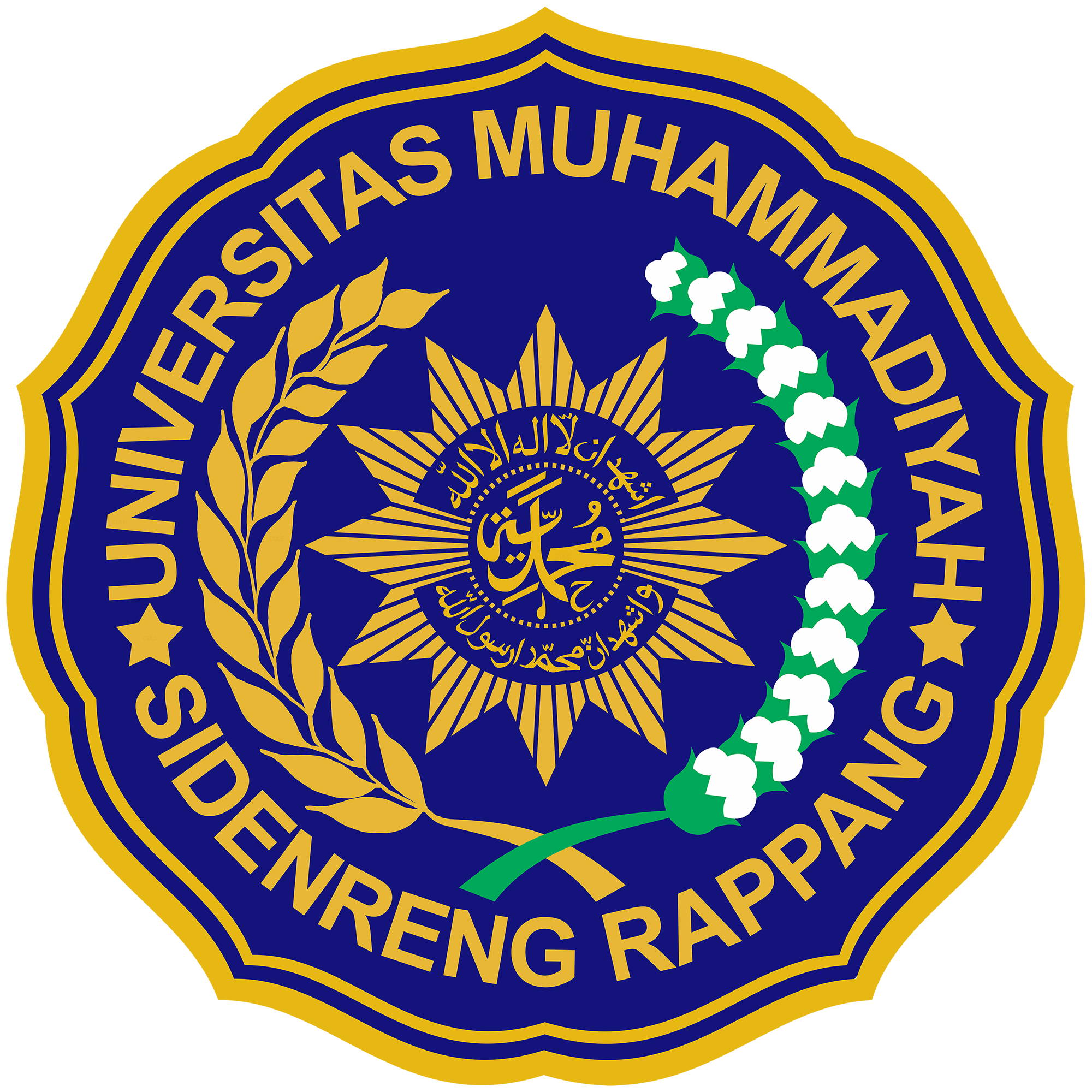The Role of Project-Based Writing in Shaping Students' 6Cs Competencies: An Analysis of Students’ Perceived Values
DOI:
https://doi.org/10.65777/sikola.v1i2.28Keywords:
Project-Based Writing, 6Cs competencies, 21st-century education, student perceptions, writing skillsAbstract
This study analyses the value perceived by students towards the implementation of Project-Based Writing (PBW) in shaping the competencies of the 6Cs of the 21st century: Critical Thinking, Creativity, Collaboration, Communication, Citizenship, and Character. Using a quantitative approach, data was collected through a Likert questionnaire from 30 English Education students at IAIN Curup who had participated in PBW learning. The researcher employed SPSS software to analyze Likert scale data and classify students' perceived values. The analysis showed that students perceived values are “agree” to “strongly agree” that PBW significantly improved competencies in critical thinking (Mean = 4.27; SD = 0.52), creativity (Mean = 4.33; SD = 0.58), collaboration (Mean = 3.82; SD = 0.65), communication (Mean = 3.99; SD = 0.71), citizenship (Mean = 3.90; SD = 0.63), and character (Mean 3.95; SD = 0.64). PBW creates an immersive learning experience through the development of analytical thinking skills, innovation, teamwork, effective communication, social awareness, and resilience. PBW enhances analytical thinking, creativity, teamwork, communication, and social awareness by involving students in in-depth research, problem-solving, and community-oriented projects. This research confirms the important role of PBW in enhancing students' readiness to face real-world challenges while suggesting improvements to the project design to ensure its relevance and effectiveness. The study on Personality-Based Learning (PBW) in IAIN Curup has limitations, including limited subjects, limited data collection using questionnaires, focus on student perceptions, inability to differentiate between online and offline learning, and insufficient project design analysis.








